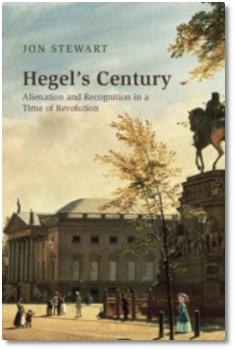Detail príspevku/publikácie
Hegel’s Century: Alienation and Recognition in a Time of Revolution


Filozofický ústav SAV, v. v. i.
Klemensova 19
811 09 Bratislava 1
Tel.: +4212 5292 1215
E-mail: sekretariat.fiu@savba.sk
Domovská stránka
IČO: 00166995
DIČ: 2020794149
Filozofický ústav SAV, v. v. i.
P. O. Box 3364
813 64 Bratislava
Filozofický ústav SAV, v. v. i.
Redakcia časopisu Filozofia
Klemensova 19
811 09 Bratislava 1
Tel.: +4212 5292 1215
E-mail: redakcia.filozofia@savba.sk
Domovská stránka
Filozofický ústav SAV, v. v. i.
Redakcia časopisu Filozofia
P. O. Box 3364
813 64 Bratislava
Filozofický ústav SAV, v. v. i.
Redakcia časopisu Organon F
Klemensova 19
811 09 Bratislava 1
Tel.: +4212 5292 1215
E-mail: info@organonf.com
Domovská stránka
Filozofický ústav SAV, v. v. i.
Redakcia časopisu Organon F
P. O. Box 3364
813 64 Bratislava